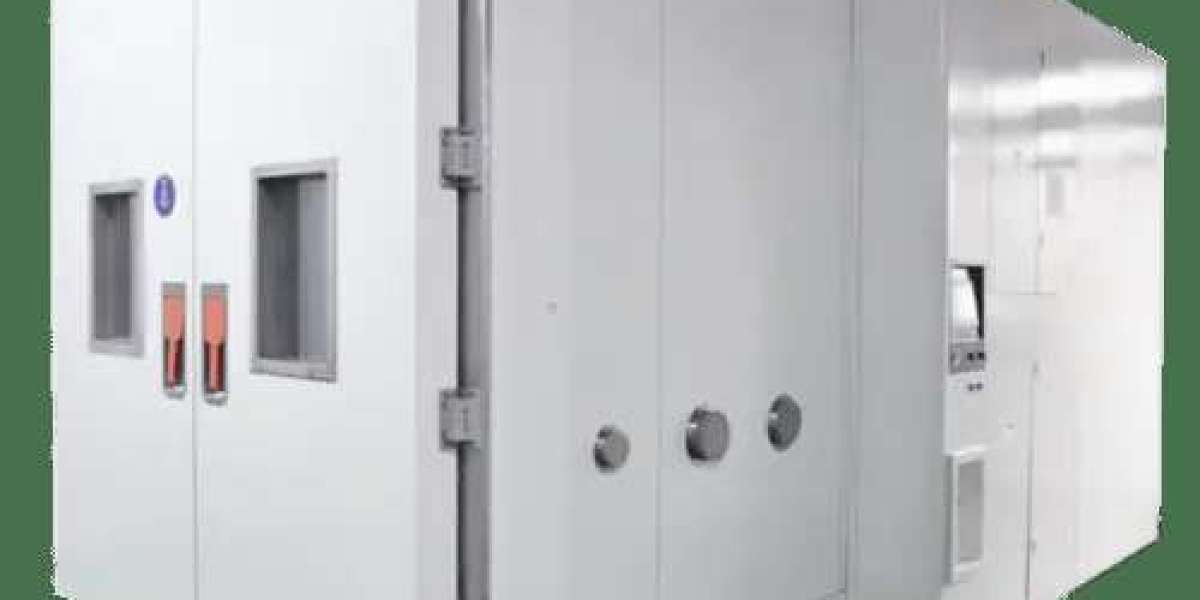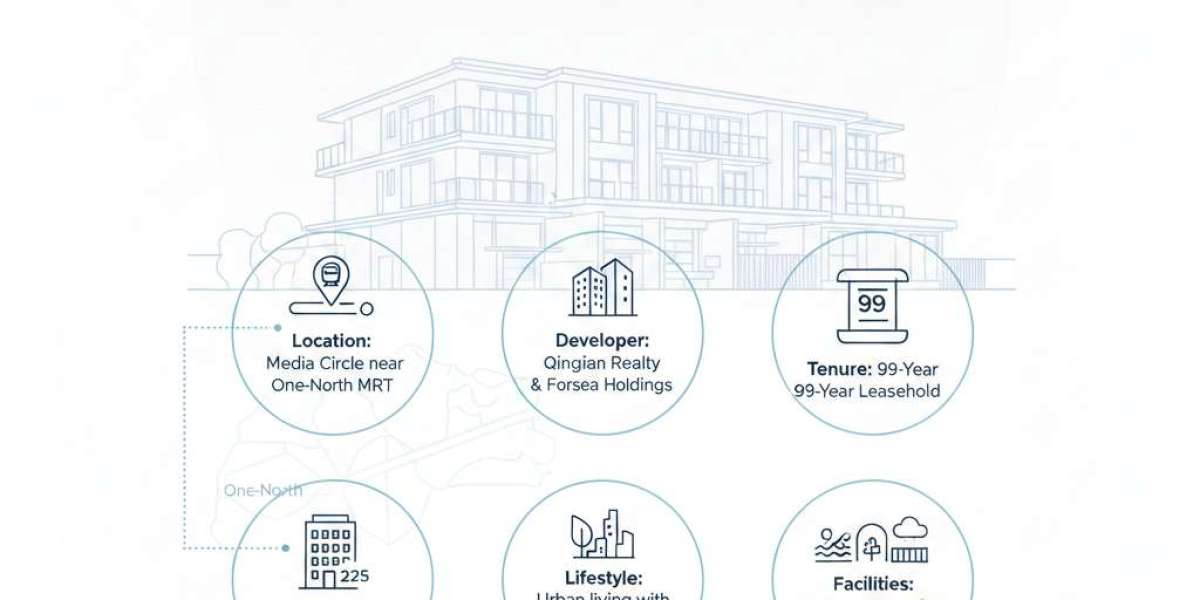In the evolving world of renewable energy, solar power has emerged as a dominant force, driving industries toward more sustainable energy solutions. Reliable solar testing equipment becomes increasingly important as solar energy systems become more complex and widespread. Manufacturers across the globe depend on advanced solar testing equipment to ensure their solar modules meet performance standards and deliver consistent energy output. This post explores the top seven benefits of using advanced solar testing equipment, highlighting how it improves efficiency, enhances reliability, and supports the growth of the solar industry.
Role of Solar Testing Equipment
Solar testing equipment plays a pivotal role in evaluating the performance, quality, and durability of solar panels and photovoltaic (PV) systems. With the increasing demand for high-efficiency solar panels, manufacturers rely on advanced testing technologies to ensure their products meet industry standards and deliver optimal results in the field. These tools help improve the manufacturing process and ensure long-term reliability, helping to establish consumer trust and regulatory compliance. Below are the top seven benefits of using advanced solar testing equipment.
1. Improved Product Quality and Performance
One of the most significant benefits of using advanced solar testing equipment is the ability to improve product quality and performance. During the manufacturing process, solar panels undergo a range of tests to assess key factors such as efficiency, energy output, and response to environmental conditions. High-quality solar testing equipment allows manufacturers to identify flaws early in production, preventing defective panels from reaching the market. This results in solar panels that are more efficient, reliable, and capable of withstanding long-term exposure to the elements.
2. Enhanced Durability and Longevity
Durability is crucial when it comes to solar panels, as they are often exposed to harsh environmental conditions such as extreme temperatures, moisture, and UV radiation. Advanced solar testing equipment allows manufacturers to simulate these conditions, testing how panels perform over time under real-world stresses. By identifying potential weaknesses, manufacturers can design more durable solar modules that last longer, ultimately increasing the lifespan of the products.
3. Accurate Performance Monitoring and Validation
Accurate performance monitoring is essential to ensure that solar systems are working optimally. Advanced testing equipment provides precise data on how solar panels operate under different conditions, such as varying light intensities, temperatures, and angles of incidence. This data allows manufacturers to verify the efficiency of their products before they reach the market. Moreover, it ensures that panels meet the performance standards set by international regulatory bodies, such as IEC (International Electrotechnical Commission) and UL (Underwriters Laboratories).
4. Compliance with Global Standards and Certifications
As the global solar market continues to expand, adherence to international standards and certifications becomes increasingly important for manufacturers. Countries have their own regulatory requirements regarding the quality and safety of solar products. Advanced solar testing equipment allows solar panel testing manufacturers to ensure their products meet important global certifications like ISO 9001, IEC 61215, and IEC 61730 by conducting detailed tests.
5. Cost Efficiency in the Long Run
While investing in advanced solar testing equipment may seem costly initially, it offers significant cost savings in the long run. By identifying defects and inefficiencies early in the production process, manufacturers can avoid costly recalls, repairs, and warranty claims. Furthermore, accurate testing can streamline the manufacturing process, reducing waste and optimizing material usage. Over time, this efficiency contributes to lowering production costs while ensuring high-quality products that can compete in the global market.
6. Faster Time-to-Market
The solar industry is highly competitive, and the demand for new, innovative products is continuously increasing. Advanced solar testing equipment accelerates the testing process, allowing manufacturers to validate the quality and performance of their panels more quickly. By automating much of the testing process and providing real-time results, manufacturers can speed up their production timelines and get their products to market faster.
7. Increased Customer Trust and Satisfaction
In the solar industry, customer trust is paramount. Consumers and businesses investing in solar panels want to be confident that their systems will perform as promised and provide a good return on investment. By utilizing advanced solar testing equipment, manufacturers can ensure their products meet the highest standards of performance, safety, and reliability. This enhances the manufacturer's reputation and builds long-term customer loyalty.
Find the Right Solar Panel Testing Manufacturers
As the demand for solar energy solutions continues to rise globally, solar panel testing manufacturers play an increasingly important role in shaping the future of the industry. These manufacturers provide the tools and equipment that allow solar panel producers to meet the growing performance expectations of consumers. Some of the leading manufacturers in this space are consistently innovating, developing cutting-edge testing technologies that push the boundaries of what solar panels can achieve. By partnering with reputable solar testing equipment manufacturers, solar producers can ensure that they stay ahead of industry trends and meet both regulatory and market demands.
Conclusion
Incorporating these advanced testing solutions into the production process can help manufacturers scale operations while maintaining product excellence. Whether focusing on enhancing energy output, reducing material waste, or ensuring compliance with industry standards, solar testing equipment offers valuable insights that foster sustainable growth in the solar sector.








